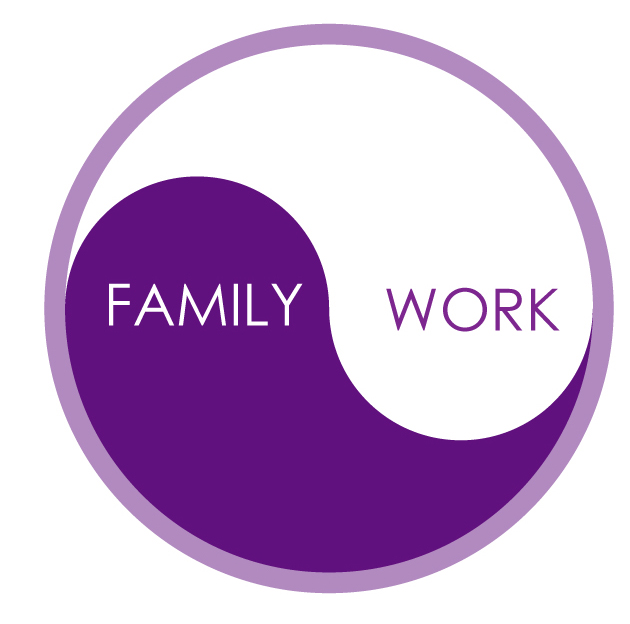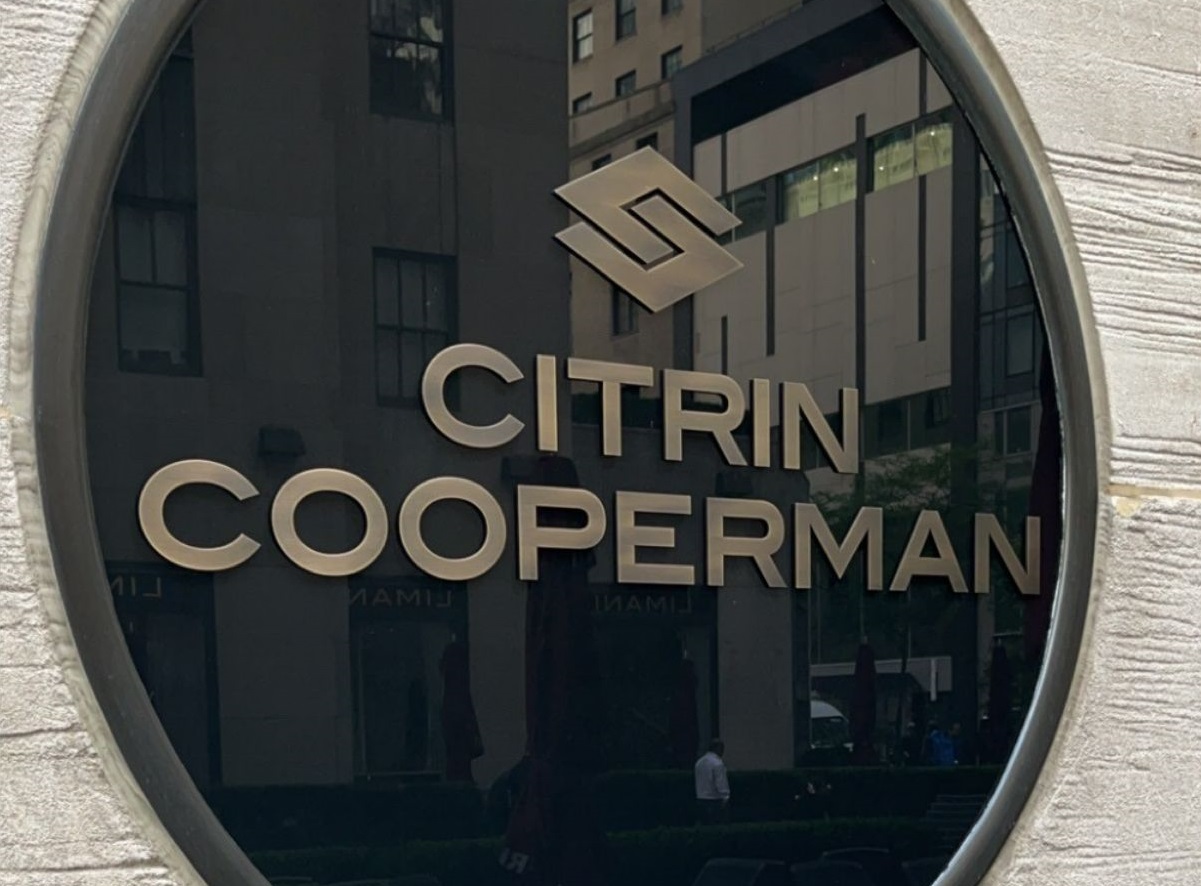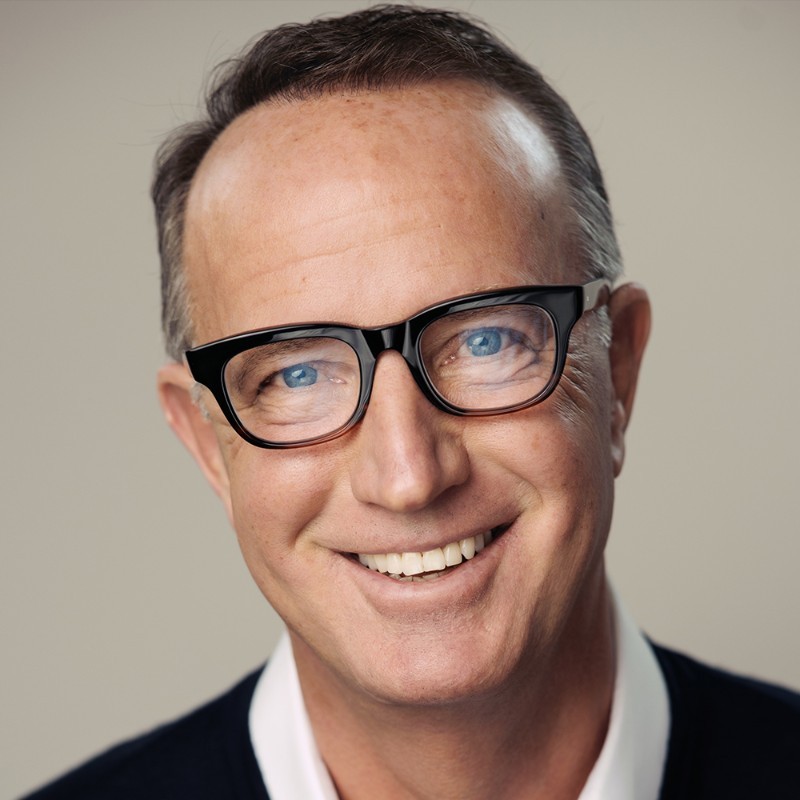Have you ever wondered what it would be like to spend your workdays the way you want—to do the things that give you the most satisfaction; the things for which you have the greatest passion—whether that’s higher level business consulting or a focus on the firm’s technology and workflows or focusing on creative efforts? To be able to make the choices that make you happy—like having coffee with your family in the morning instead of grabbing your to-go mug, having the time to focus on the tasks you enjoy without interruption, or attending your kid’s basketball game instead of staying late at the office again? I call these type workdays my “ideal days,” and they don’t happen by chance. You have to plan for them and you have to be intentional about the choices you make in your firm as you work to achieve the kind of future you desire.
The first step in securing your ideal future is truly understanding what an ideal day looks like. The journey will be much easier once you have this vision clearly defined. To accomplish this, I believe that applying mental imagery is key. What I mean by this is taking the time to stop and really envision what you want your future to look like. How will you run your firm? How will you staff? Will you take on a true leadership role and work “on” the business rather than “in” it at a technician level. Who are your ideal clients and what kind of business model will you implement? Will you trust your team to run operations whether you are there or not? Will you build a technology infrastructure to support a progressive, remote business? With this exercise comes great clarity. Your refined vision (the future you want) sets the stage for your end goals.
Matt Rissell, CEO of TSheets, is a prime example of the kind of person who exemplifies the entrepreneurial spirit I’m referring to. He is a successful thought leader that has figured out the formula and the vision for his company, and he is well on his way to achieving it. And while he admits that there were bumps and barriers along the way (we all have these), he remained true to his end goal—building a business that supports the future he wants…the life he wants to lead.
I had the opportunity to ask him a few questions about his vision, his ideal days, and how he is achieving the future he wants.
Darren: Tell us about your entrepreneurial background, Matt?
Matt: I grew up in Grand Junction, Colorado. My mom was a seventh grade teacher for 33 years and my dad was a psychologist. The only exposure I had to entrepreneurship came from visiting my grandfather, Giuseppe, when I was in the fourth grade. He was Italian, as the name suggests, and an absolutely phenomenal trombonist. He had opened up instrument repair shops at different flea markets when he stopped playing, and my sister and I had a chance to go with him to one of his stands for three or four days.
We slept in his van; ate plumbs for breakfast, lunch, and dinner because that’s all that was available at the other stands; and helped him as he sold and repaired instruments. The highlight of each day was definitely selling the drums, trumpets, clarinets, and flutes. Oh man, we killed it with the flutes!
Even though I was exposed to it, and enjoyed the time with my grandfather, I never set out to become an entrepreneur. Come to think of it, I didn’t really know I was an “entrepreneur” until I was 24 or 25 years old. I started reading books like crazy and it started to dawn on me that I could create whatever I wanted.
Darren: Have you always seen yourself as an entrepreneur?
Matt: Not at all. If you were to ask me in high school what the word “entrepreneurship” meant, I don’t think I could have even told you. However, I may have always thought like one, since I’ve always liked creating things.
Darren: Did you start TSheets with a clearly defined vision? Did you know the future you wanted?
Matt: You know, I actually didn’t start TSheets with a clear vision. That came a few years later. In fact, it took six months of actual dedication to really define the company’s vision. It was a rough start and we made a lot of mistakes. Of all of the reasons we had false starts, one of the top reasons was due to me not having a clearly defined vision for the company.
Creating our company vision started when I read Jim Collins’ book, Good to Great. His book alone kicked off the process that resulted in me creating not only a vision but also our mission statement—ultimately defining who we are as a company.
That’s really the point where I think we all started knowing the future we wanted. We were finally able to find direction, and we decided that our primary goal would be to become the #1 employee rated time tracker on the planet. In fact, I truly believe we are well on our way to getting there.
Darren: At what point during your entrepreneurial journey did you realize TSheets was a real business?
Matt: To be honest, it took a lot of prodding from others. I started TSheets more as an after thought from my previous business. I wanted to help my employees track their time more efficiently, and I couldn’t find what I wanted out there, so my friend (and co-founder) Brandon helped me create the solution. My bookkeeper at the time was the one who pointed out that we should sell this to others.
Darren: Give me an idea of what planning looks like for you and TSheets?
Matt: Every year my executive team and I go on a five-day off site planning summit. We look at the big strategic picture for the company and where we want to take it. We break it down into a set of overarching points and each of those points contain a number of sub-points and milestones.
Throughout the year we hold each other accountable for the plans we created during that summit. Every quarter we meet and look back on the progress we have made and what needs to be done in the following quarter.
Darren response: I just have to say that our entire team at RootWorks takes part in an annual retreat as well. It’s a full week of organized, focused planning. We all get so much out of this dedicated time together and leave with fresh new ideas to better the company and, ultimately, our clients’ experience. Every staff member leaves inspired and with a renewed sense of dedication and passion for what we do. It’s planning at its finest; and something I recommend firm owners implement in their practice.
Darren: I have this goal that I want to spend the majority of my work time doing activities that energize me—the ones that result in the biggest and best impact on the business. These are my ideal days. Have you figured out what an ideal day is for you?
Matt: I guess I have never really sat down and planned out what my ideal day looks like, but it’s a great idea. I know what I like to do and what I don’t like to do. The things I like to do are the things I’m good at—my unique skills. I like building partnerships and helping out with the vision on the marketing side. I guess you could say that my ideal day is growing my business. So if I am doing that, I’m having an ideal day.
Darren: With the blurring of lines between work and personal life, do you have rules you live by that would help others find a healthy balance?
Matt: I think that people, in general, try to walk a perfect balance all the time. Frankly, I think that’s impossible. It’s never “perfect,” you just work to create balance the best you can.
Whether you’re talking about work/personal life balance or balancing on one foot, you can’t always stay perfectly balanced. My recommendation is to be deliberate on which side you fall. For instance, when I started the process of selling my last company, I knew it was going to be a long, hard pull. I was open with my wife and told her it was going to be a few months of me putting in tremendous hours, and it was. Once it was sold, however, I spent every waking moment over the following six months with my wife and kids—balance.
Darren: Since becoming an entrepreneur, what’s one piece of advice or what’s that one big take-away that you could pass on to someone that’s trying to find his/her entrepreneurial way?
Matt: My best advice is: Don’t take advice from the wrong sources. Take advice; just don’t take the wrong advice from people who have no business giving it. I have a rule now that I won’t take advice from anyone who doesn’t have a solid track record within the specific area where they’re offering the advice.
Taking the wrong advice can cost you dearly. In fact, that’s what kills companies. It’s not solely bad decisions or people giving up. Companies fail because the leaders take bad advice to heart and carry it throughout their organization. Keep an eye out for an article I am writing on this exact topic.
Final words…
Matt Rissell’s experience is one of an entrepreneur fueled by passion and with the tenacity to keep moving forward despite hard work and daunting challenges. Key takeaways from my interview with Matt are that: 1) planning is critical and 2) while it’s not a bump-free path, developing a clear vision to truly understand the future you want and achieve living your ideal days is a necessary journey. With proper planning, firm leaders arm themselves with a blueprint that directs them to working on the tasks for which they have great passion and skill, making choices that offer a comfortable work-life balance, and all the other rewards that come with it.
Like Matt, most entrepreneurs will tell you that it’s hard work and that there are many challenges and hurdles along the way. But also like Matt, the successful ones will validate that sound, focused planning is at the heart of business triumph.
Thanks for reading CPA Practice Advisor!
Subscribe Already registered? Log In
Need more information? Read the FAQs
Tags: Firm Management





